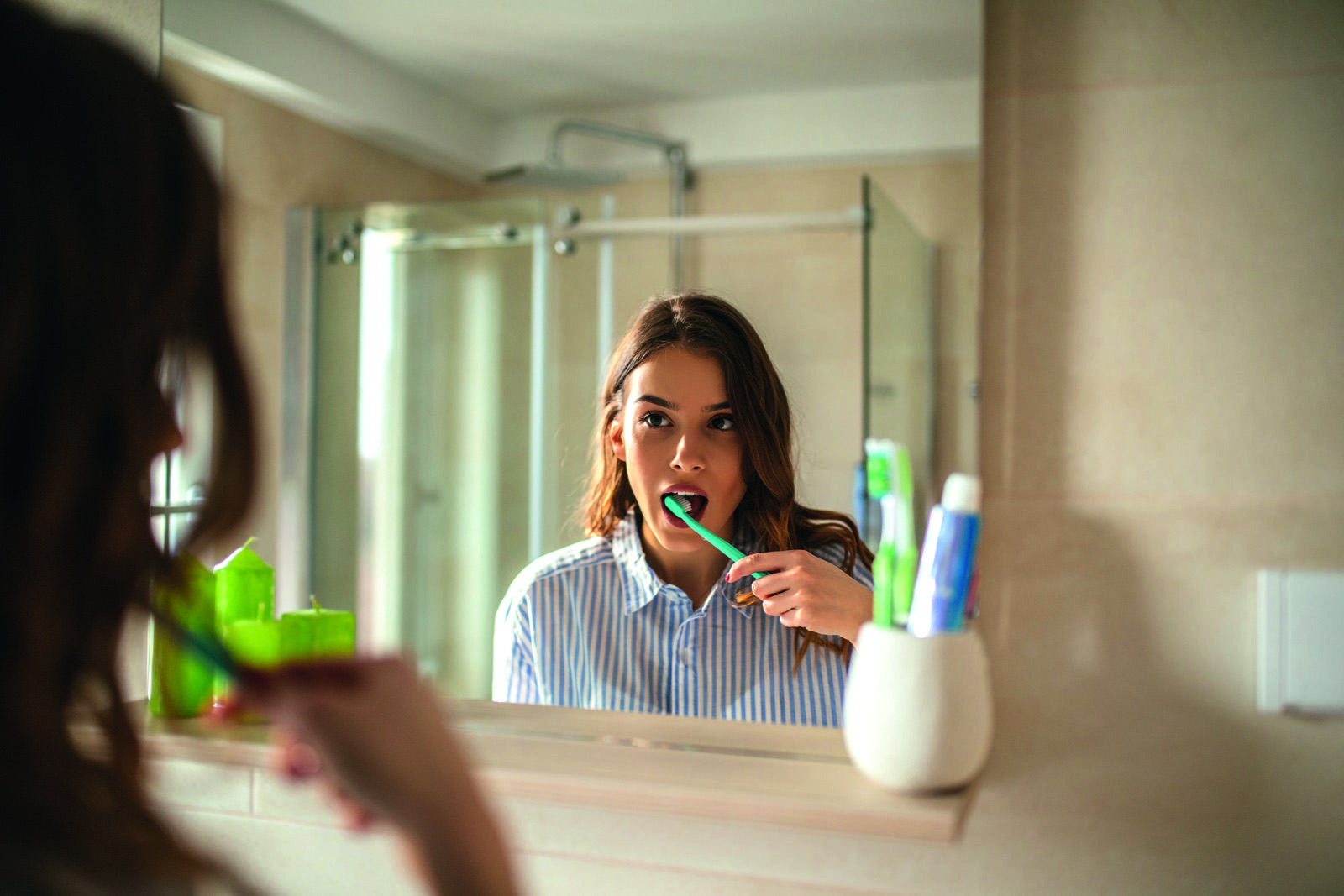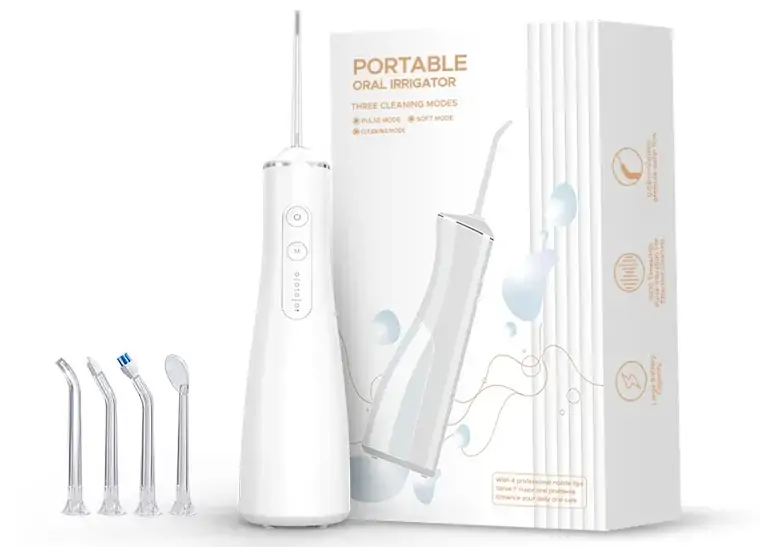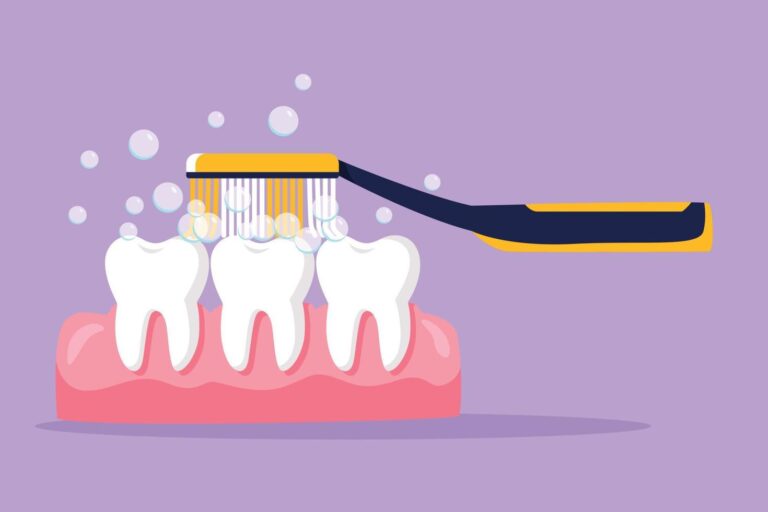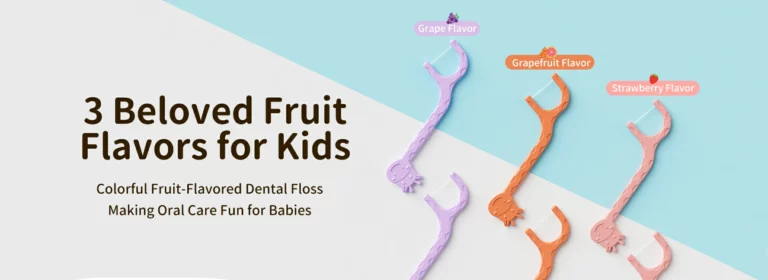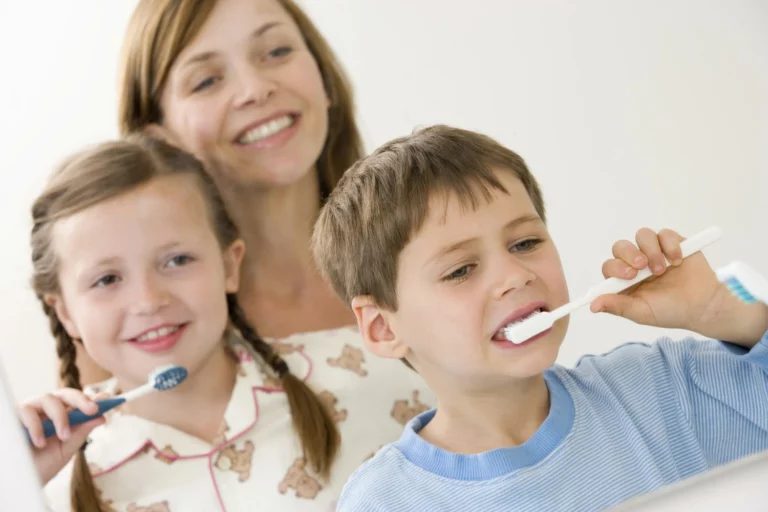Brushing your teeth is an essential part of daily oral hygiene that effectively removes plaque and food debris from your teeth, preventing cavities, periodontal disease, and other oral health issues. However, many people are unsure how often they should brush their teeth each day, the best times to brush, and what else they should do for optimal oral care. This article will provide detailed information to help you establish good brushing habits and maintain your oral health.
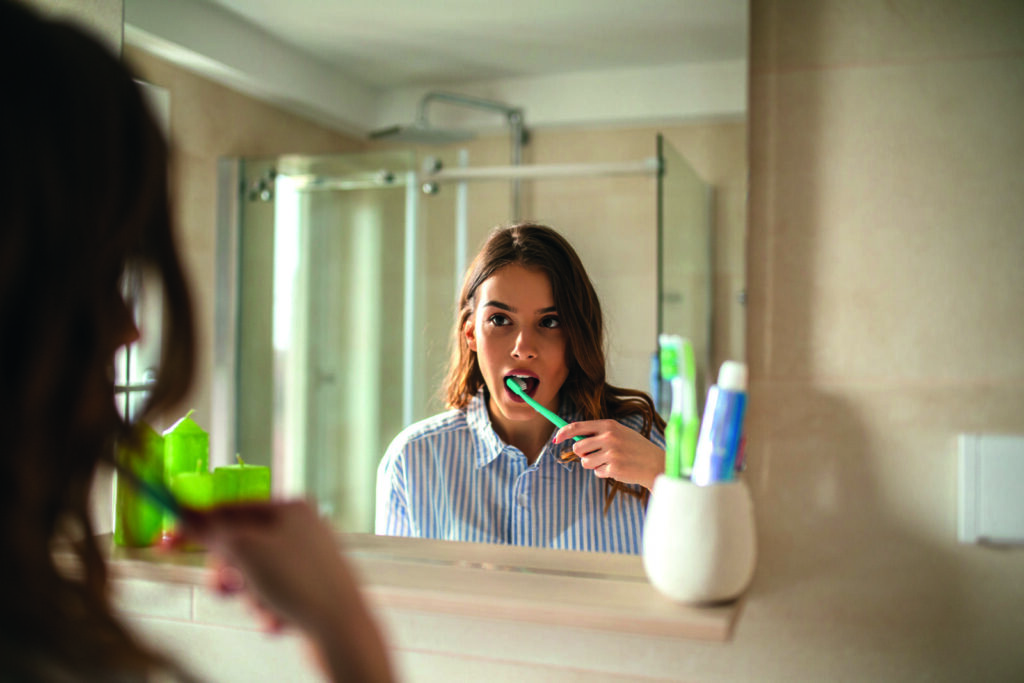
How Many Times a Day Should You Brush Your Teeth?
The American Dental Association (ADA) recommends brushing your teeth at least twice a day, ideally once in the morning and once at night. Morning brushing removes overnight bacteria, freshens breath, and prepares you for the day. Brushing at night helps remove the day’s accumulated food debris and plaque, preventing bacteria from proliferating overnight and causing cavities and gum inflammation.
The Best Times to Brush Your Teeth
- After waking up in the morning: During the night, saliva production decreases, allowing bacteria to multiply easily. Brushing in the morning effectively removes these bacteria and keeps your mouth clean.
- Before going to bed at night: After dinner, bacteria levels in the mouth increase as food particles accumulate between your teeth. Brushing before bed thoroughly cleans your mouth, preventing bacteria from further multiplying overnight.
In addition to brushing twice daily, using dental floss after meals is a crucial habit. Dental floss effectively removes food debris and plaque between your teeth that regular brushing cannot reach.
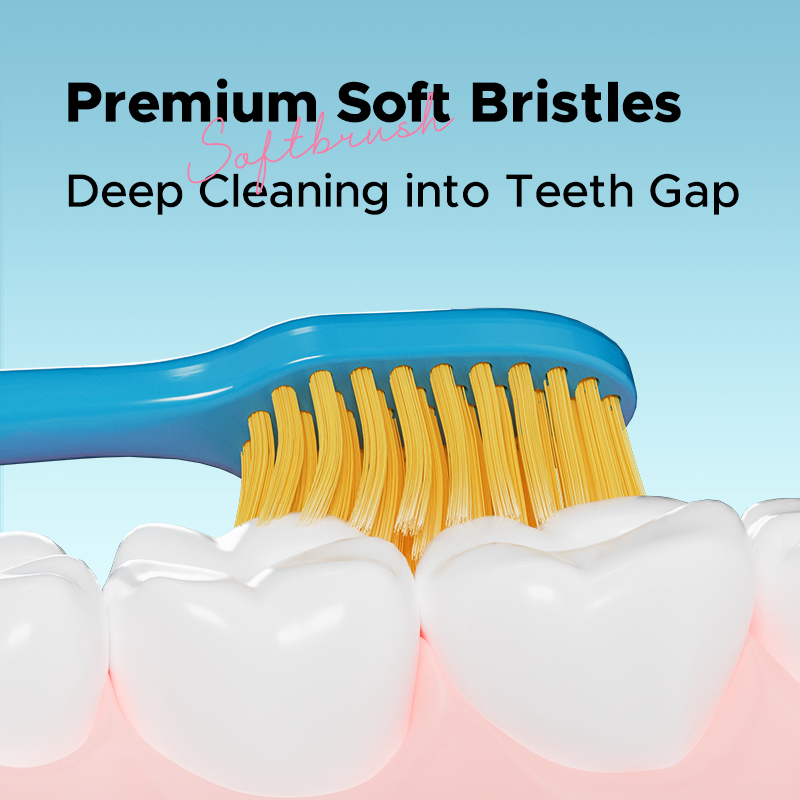
Post-Meal Oral Care
- Using dental floss: It is recommended to use dental floss to clean between your teeth after meals. Dental floss can reach into the gaps between your teeth, removing food debris and plaque that brushing cannot, preventing cavities and gum inflammation. Be gentle when using dental floss to avoid damaging your gums.
- Rinsing your mouth: Rinsing your mouth with water or alcohol-free mouthwash after meals can effectively remove food debris and bacteria, keeping your breath fresh. This is especially useful after eating out, as rinsing is a simple and effective way to clean your mouth.
- Avoid brushing immediately: After consuming acidic foods and drinks (such as fruits, juices, and carbonated beverages), do not brush your teeth immediately. Acidic substances can temporarily soften your enamel, and brushing right away might damage your teeth. It is advisable to wait 30 minutes before brushing to allow your mouth’s pH to return to normal.
The Role of Water Flossers
Water flossers are a popular oral hygiene tool in recent years.
They use high-pressure pulsating water to clean between your teeth and gums, effectively removing plaque and food debris while massaging your gums to promote blood circulation and reduce gum irritation.
Water flossers are particularly useful for people with periodontal disease, those who wear braces or orthodontic appliances, and individuals who find manual brushing difficult.
Other Oral Care Tips
- Choosing the right toothbrush and toothpaste: Select a toothbrush based on your oral condition, whether it’s a soft-bristled toothbrush or an electric one. Your toothpaste should contain fluoride to help prevent cavities.
- Regularly replacing your toothbrush: Replace your toothbrush every three months or when the bristles become bent and worn out.
- Regular dental check-ups: Have at least one dental check-up annually to detect and treat oral issues promptly. Dentists can provide professional oral care advice and treatments to help maintain your oral health.
- Healthy diet: Reduce sugar intake, especially from sugary drinks and snacks, to prevent cavities. Eating fiber-rich foods like fruits and vegetables can help clean your teeth and stimulate saliva production.
- Quit smoking and limit alcohol consumption: Smoking and excessive alcohol intake are harmful to oral health, increasing the risk of gum disease and oral cancer.
Conclusion
Maintaining good oral hygiene habits not only promotes oral health but also helps prevent various systemic diseases. By brushing your teeth correctly twice a day, using dental floss and rinsing your mouth after meals, and appropriately using water flossers, you can effectively maintain your oral health. Regular dental check-ups and healthy lifestyle habits are also crucial for ensuring oral health. We hope this comprehensive oral health guide helps you and your family develop good oral care habits and enjoy a healthy life.

